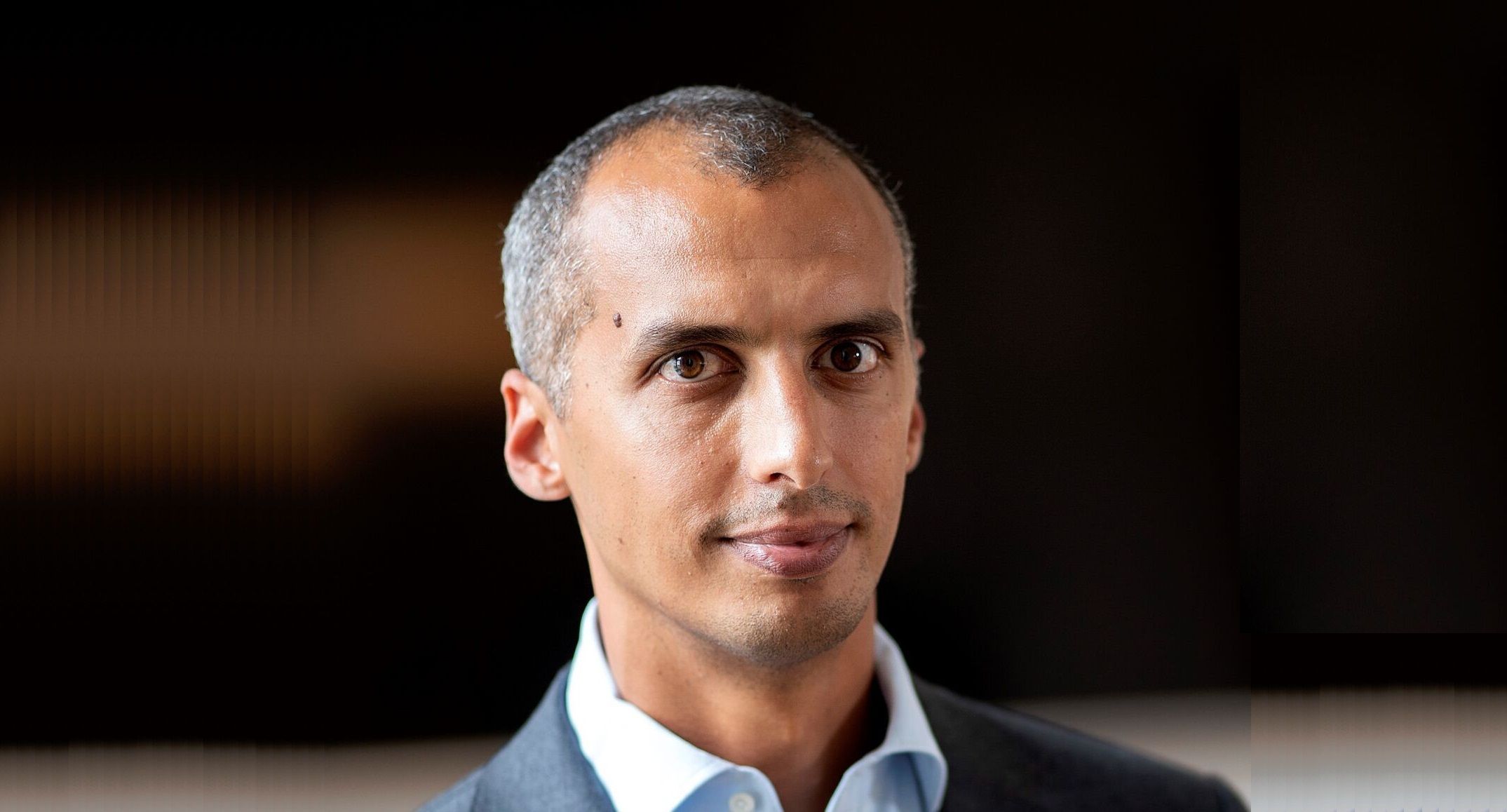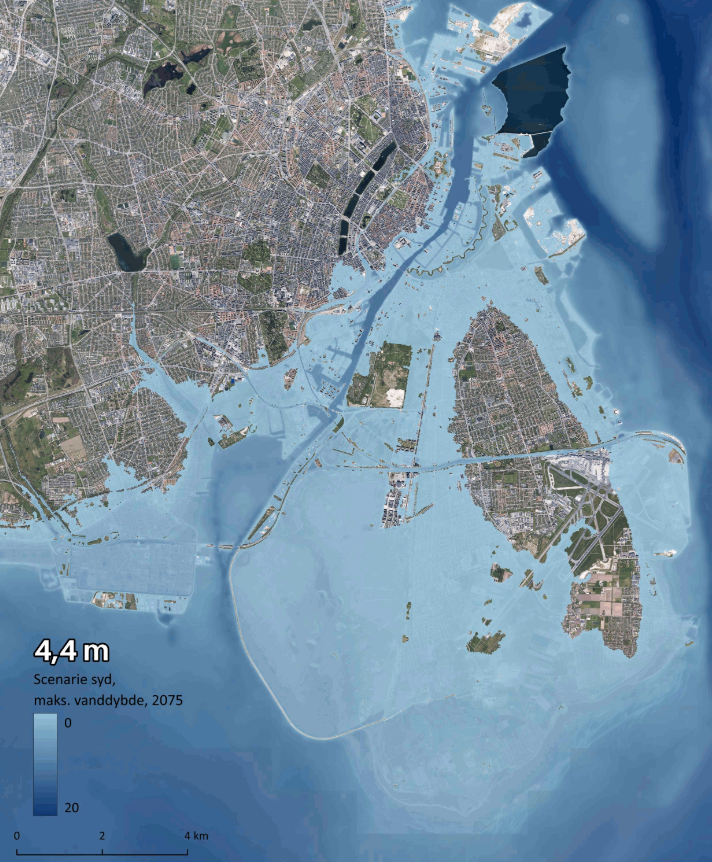A Danish doctor is claiming that obesity cannot be solely blamed on over-eating and laziness.
Thorkild I.A. Sørensen, professor and head of the Danish Obesity Research Centre, has been studying obesity for the past 17 years and now plans to investigate the link between social insecurity and its link to obesity.
“If you examine the scientific literature carefully and look at people’s diets and how active they are, you can't see that either has an influence on the development of obestity,” Sørensen told Information newspaper. “There are no numbers that show that obesity is caused by eating too much and exercising too little.”
While it has long been understood that a range of factors affect a person’s risk of becoming obese, such as genetic predisposition and social status, Sørensen’s theory is that obesity is a reaction to social or psychological insecurity.
“Social inequality seems to be the crucial element. The worse your social standing, the more insecure you are about your future. You can therefore make the link between food insecurity and obesity. In the US, obesity is closely linked to living in conditions that lead to food insecurity.”
Sørensen pointed to Oxford University researchers Stanley Ulijaszek and Avner Offer, who also claim obesity can be tied to public policy. Their research, he said, links welfare cuts in the US in the 1970s the UK in the 1980s to a rise in obesity in both countries.
“The cause of obesity could be that many people live with insecurity, which their body interprets as doubt about the future availability of energy,” Sørensen said, adding that the stigma of being obese only makes the problem worse. “It creates a vicious circle because it makes people more insecure and that stimulates more obesity.”
Sørensen hopes that his new research project will enable them to discover how different forms of psychological and social insecurity stimulate the body to produce fat tissue.
“A challenge will be to discover how to block or slow the process from insecurity to obesity.”
The government drew international attention after it introduced a fat tax after assuming power last September, and then proposed a tax on sugar as well.
While the health reasons were given as reasons for the tax, many argued that they were simply a soft target for the government that needed to raise revenue.














